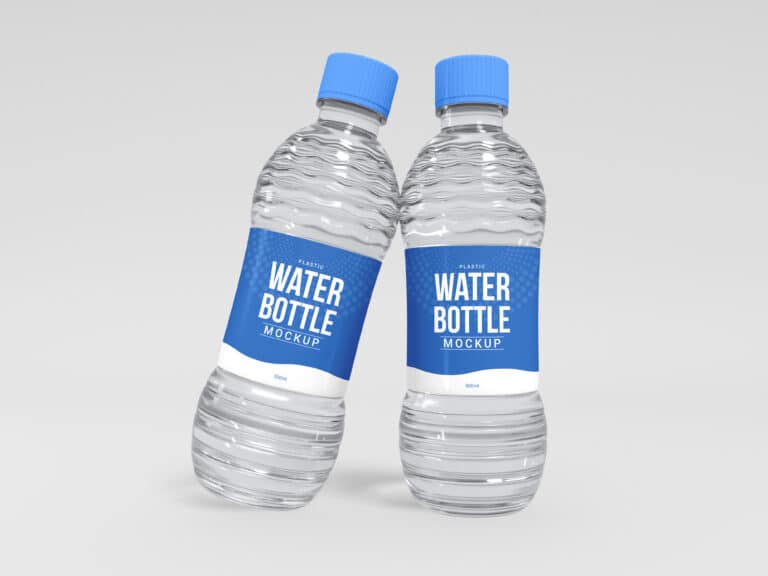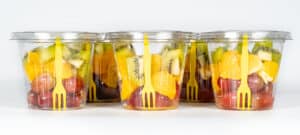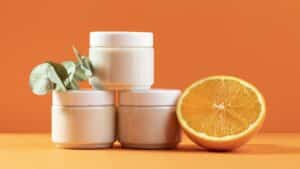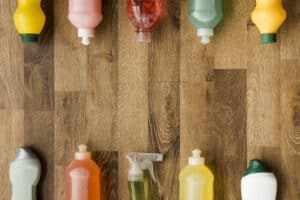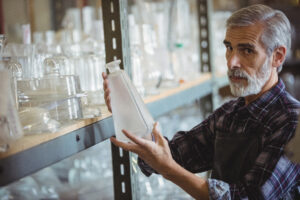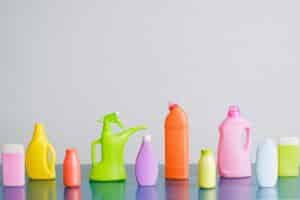Plastic bottles are made from a variety of different plastics, including PET, HDPE, and PVC. Each type of plastic has its own unique set of properties that make it well-suited for specific applications.
PET bottles are lightweight and have good impact resistance. They are also clear, making them a popular choice for packaging water and other beverages.
HDPE bottles are more durable than PET bottles and can withstand higher temperatures. They are often used for packaging milk and other dairy products.
PVC bottles are strong and rigid, making them ideal for packaging products that need to be shipped or stored for long periods of time.
What are the 5 properties of plastic?
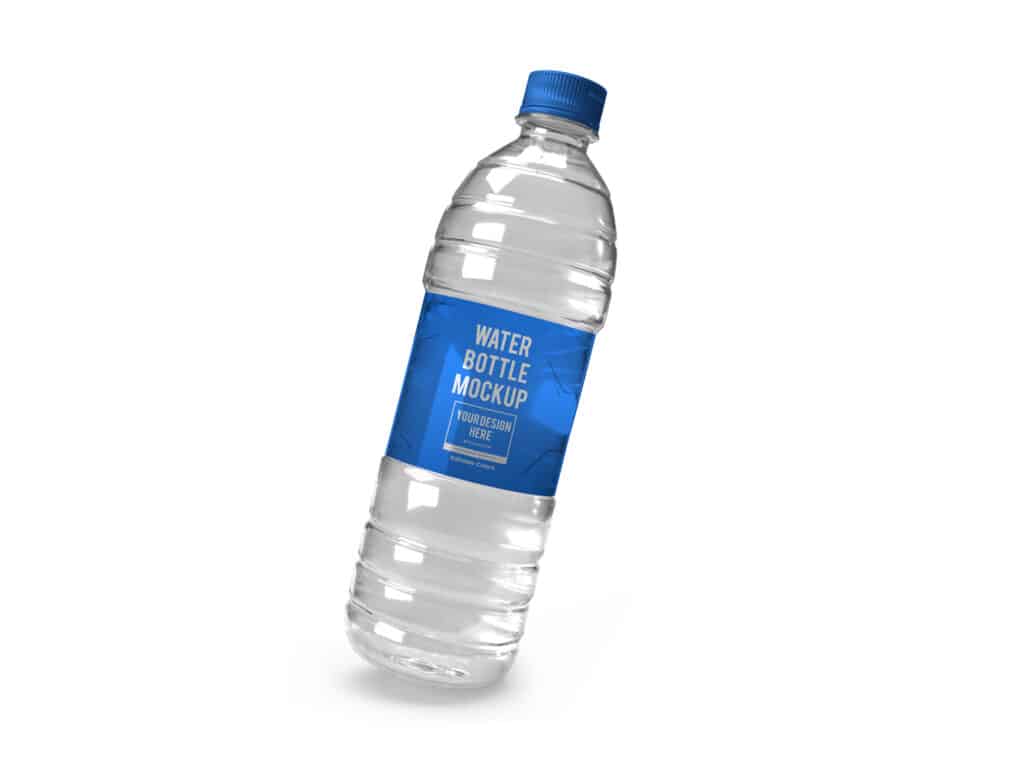
There are many different types of plastic, but they all share some common properties. Plastic is lightweight, durable, and easy to mould into different shapes. It is also inexpensive to produce, which makes it a popular choice for manufacturing a wide variety of products.
Plastic is made from synthetic materials, which means it is not biodegradable. This means that it can take centuries for plastic to break down in the environment. As a result, plastic waste is a major pollution problem.
There are many properties of plastic which make it ideal for a wide range of applications. These properties include its low cost, its lightweight, its durability, its flexibility, and its ease of manufacture. Plastic is also a very versatile material, able to be moulded into infinite shapes and sizes.
In brief,
- Plastic is durable and can last a long time without breaking down.
- Plastic is malleable, meaning it can be shaped and formed into different objects.
- Plastic is lightweight, making it easy to transport and handle.
- Plastic is water resistant, meaning it does not absorb water and can be used in wet environments.
- Plastic is chemical resistant, meaning it does not break down quickly when exposed to chemicals.
- Plastic is heat resistant, meaning it can withstand high temperatures without breaking down.
- Plastic is easy to recycle, meaning it can be reused and repurposed.
Thermosets are plastics that cannot be melted and reformed. This means that they cannot be recycled easily and are often thrown away after use. The most common thermosets are polyurethanes (plastic furniture, car seats, etc.), polycarbonates (plastic water bottles, safety glasses, etc.), and polyesters (plastic fabric, plastic soda bottles, etc.).
The chemical property of plastic

Plastic is a synthetic polymer that can be moulded into various shapes and is used in various applications. The most common type of plastic is thermoplastic, which can be moulded and shaped using heat. Other types of plastic include thermosetting plastics, which set or harden when heated, and elastomers, which are rubbery and flexible.
Plastic is made from a variety of synthetic or semi-synthetic materials, depending on the type of plastic. The most common plastic is polyethene, which is made from petroleum. Other plastics include polypropylene, polystyrene, polyvinyl chloride, and nylon.
Plastics are typically strong, lightweight, and durable. They are resistant to many chemicals and do not conduct electricity. However, some plastics can be brittle and break easily.
What are Type 5 plastics?
There are seven different types of plastics, each identified by a different recycling symbol. Type 5 plastics are made from polypropylene, or PP, and are identified by the recycling symbol “PP”. They are semi-rigid and have a high resistance to heat. Common type 5 plastics include yoghurt containers, medicine bottles, and straws.
What are the 4 main types of plastic?
Plastics are typically classified by their resin identification code (RIC), which is a numbering system that corresponds to the type of plastic. For example, PET is code 1, HDPE is code 2, PVC is code 3, and LDPE is code 4.
While there are many different types of plastic, these four are the most common and make up the vast majority of plastic products.
What are the five 5 properties of plastics that make them advantageous to use as compared to metals?
- Plastics are lighter than metals, making them easier to transport and less expensive to ship.
- Plastics are non-conductive, meaning they can be used in electrical applications without fear of short circuits or fire hazards.
- Plastics can be moulded into complex shapes that would be difficult or impossible to create with metals.
- Plastics are impervious to rust and corrosion, meaning they can be used in environments where metals would quickly degrade.
- Plastics can be designed to have specific properties, such as being shatter-resistant or transparent, that make them ideal for certain applications.
Why is plastic better than glass?
Glass is heavier and more fragile than plastic, which makes it easier to handle and more likely to break. Plastic is also more affordable to produce than other materials, making it a more economical choice for packaging and other purposes. It is also more flexible than glass and can be moulded into many different shapes, making it appropriate for a number of purposes.
Plastic as plastic bottles:
- Beverage packaging: The most common use of plastic bottles is for storing and transporting beverages, such as water, soft drinks, juices, and sports drinks.
- Reusable water bottles: Many people use plastic bottles as a reusable and environmentally friendly alternative to disposable plastic water bottles.
- Food storage: Plastic bottles are also used to store and transport food items, such as sauces, condiments, and oils.
- Personal care products: Plastic bottles are used to package personal care products, such as shampoos, conditioners, and body wash.
- Household cleaning products: Plastic bottles are used to store and dispense household cleaning products, such as detergents, bleaches, and all-purpose cleaners.
- Chemical storage: Plastic bottles are used to store and transport chemicals, such as pesticides and automotive fluids.
Bottom Line
Overall, plastic bottles have a lot of great properties that make them ideal for many different applications. They are lightweight, durable, and easy to recycle, making them a great option for both consumers and businesses.

